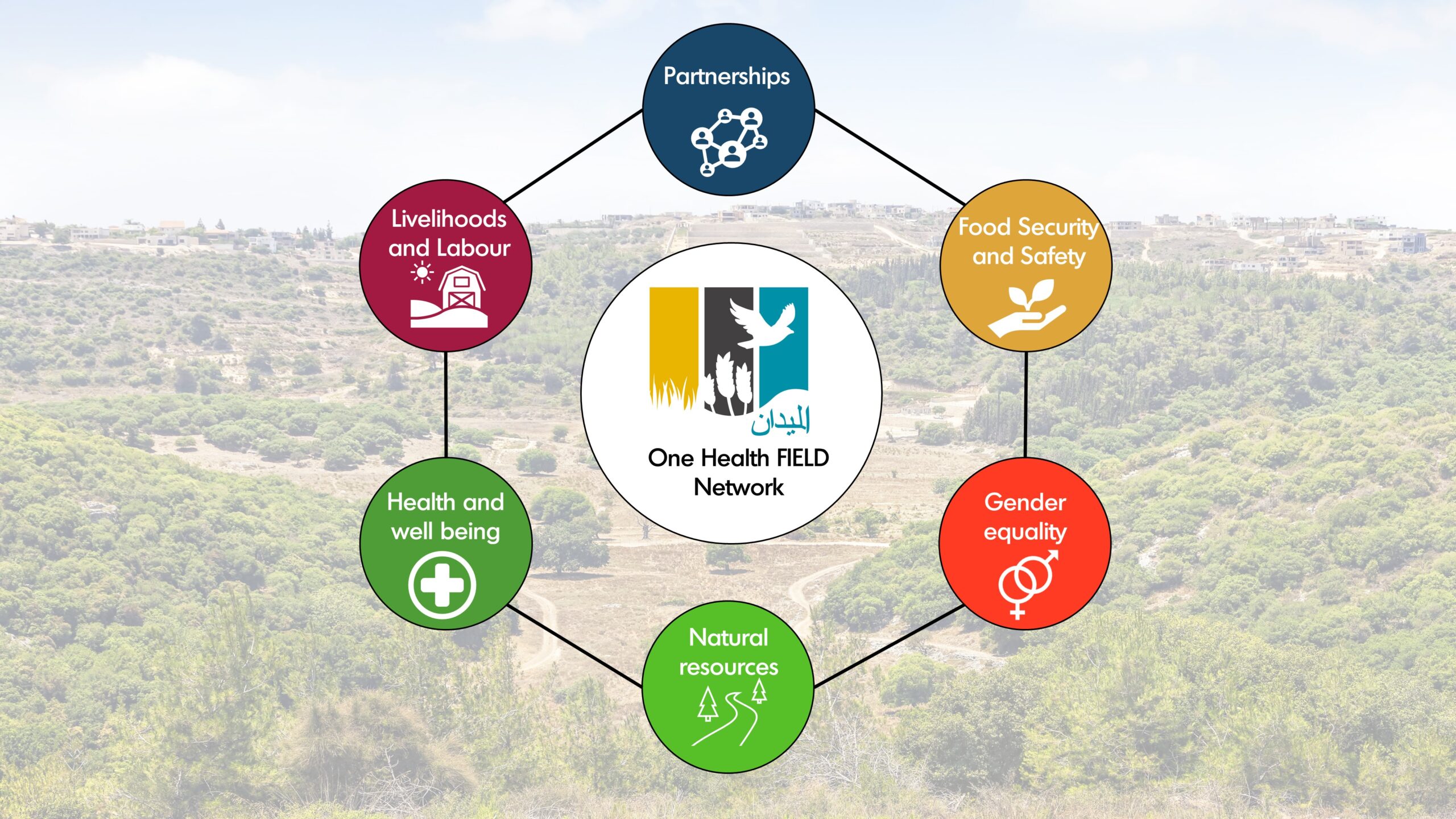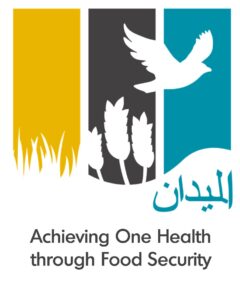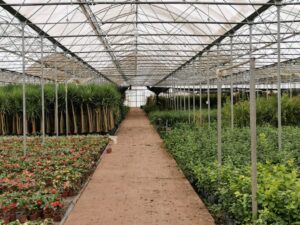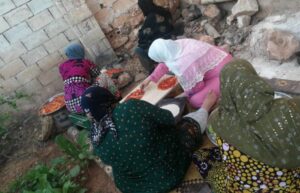The One Health FIELD Network


Authored by: Mackenzie Klema, Yasmin Abdalla, Lisa Boden
This week the One Health FIELD Network launched their new website. But what is the One Health FIELD Network and what makes its approach so different?
The One Health FIELD Network (OHFN) is a unique cross-boundary, multi-disciplinary team attempting to tackle One Health issues in fragile and conflict affected states (FCAS) by addressing food insecurity. By building a diverse, interdisciplinary network of researchers, practitioners, and decision-makers, OHFN seeks to develop the tools, expertise, and networks to increase food system resilience and support both short and long-term sustainable development in FCAS. This Network is still growing, but its initial focus is in Syria and across the Middle East, where researchers are exploring different facets of food security and the implications of the ongoing Syrian conflict for internally and externally displaced Syrian communities.
At the heart of this work are four core principles: interdisciplinarity, local knowledge, trust and equitable collaboration, and valuing lived experience.
Interdisciplinarity
OHFN is an interdisciplinary collaboration involving agronomists, social scientists, artists, psychologists, anthropologists, veterinarians and veterinary/human public health specialists, and more. Building mutual understandings of where STEM, social science a
nd humanities disciplines usefully overlap enables a deeper awareness of the complex social, economic, political, health, and environmental factors that drive food (in)security in FCAS. For instance, OHFN’s first project, SyrianFoodFutures, integrates perspectives on the history of Syrian agriculture and food production, preparation, and consumption through the lens of Syrian folklore, religion and music. In so doing, the project seeks to document local Syrian knowledge around food and explore food security not only as a technical problem, but also an emotional, cultural, and psychological experience.
Local Knowledge
OHFN recognises the importance of embedding local knowledge throughout R&D process. Food security interventions that are not community-led are not always sustainable in the long-term. In countries where there is protracted conflict, such as Syria, this local knowledge is in danger of being eroded. Academics affected by conflict are some of the most important voices to consider when planning development interventions, but they are often the last to be heard because of the challenges they face obtaining funding in the absence of affiliation with an existing higher education institution. OHFN’s aim is to ensure that local knowledge is incorporated into long-term contingency plans and reconstruction efforts. As such, we are fortunate to have established a strong partnership with the Council for At- Risk Academics (Cara) Syria Programme, which provides urgently needed support for Syrian academics in situations of persecution, conflict, or exile. Through the Cara partnership, OHFN has worked closely with Syrian academics with a wide range of expertise and local knowledge.
Trust and Equitable Collaboration
OHFN is built upon equal and equitable collaborations. The need for close collaboration was highlighted early on during the COVID-19 pandemic when our team was unable to travel to the field and our research needed to be conducted remotely—a challenge in terms of logistics, communication, and methodology given the highly dispersed locations of our teammates across the UK, Germany, Turkey, Jordan, and Lebanon. We also ensure that equal collaboration is integrated throughout the research cycle, with all team members, from Principal Investigator to data collectors, included in the authorship of academic publications.
 Working with vulnerable populations such as displaced Syrian communities also poses ethical challenges given traumatic contextual factors of war, displacement, poverty, food insecurity, and legal precarity. Building trust with participants is therefore essential to OHFN’s research. Because our data collectors are either themselves Syrian refugees or else speak the local dialect and have experience working with displaced Syrian communities, our network benefits from an emic understanding of our participants’ cultural norms and circumstances, enabling us to build greater trust with participants and conduct our research with due care and sensitivity.
Working with vulnerable populations such as displaced Syrian communities also poses ethical challenges given traumatic contextual factors of war, displacement, poverty, food insecurity, and legal precarity. Building trust with participants is therefore essential to OHFN’s research. Because our data collectors are either themselves Syrian refugees or else speak the local dialect and have experience working with displaced Syrian communities, our network benefits from an emic understanding of our participants’ cultural norms and circumstances, enabling us to build greater trust with participants and conduct our research with due care and sensitivity.
Valuing Lived Experience
Finally, OHFN seeks to communicate the lived experiences of our research participants through all of our outputs, in order to give space to voices that are often obscured or homogenized in humanitarian needs assessments and academic publications. For example, OHFN’s Syrian Humming Project, is a sound art project by Dr Suk-Jun Kim that aims to tap into the personal and collective memories of displaced Syrian people through humming, photos, and quotes about food and daily life. The Humming Project communicates stories of homesickness, love, working in the field, preparing meals, and challenges faced during the early months of the COVID-19 pandemic. Without this direct connection to the people that are impacted by the issues OHFN is investigating, our research loses a richness, depth and perspective that is invaluable.




Comments are closed
Comments to this thread have been closed by the post author or by an administrator.